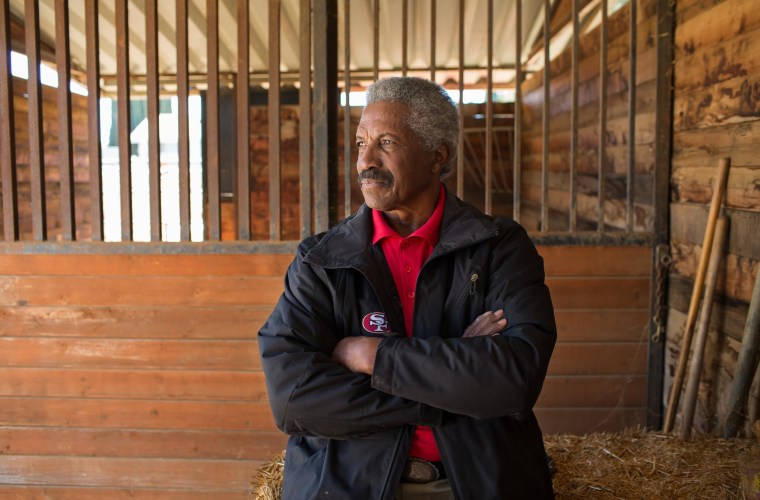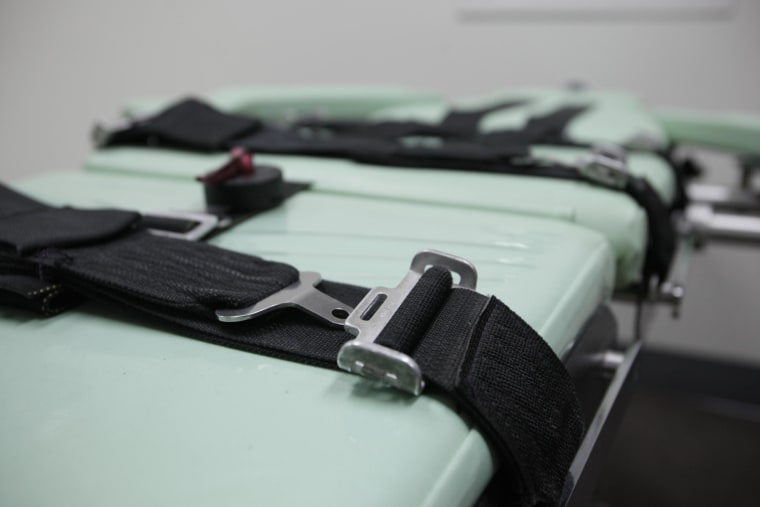California, which hasn't executed anyone since 2006, is proposing a new lethal injection protocol that gives the warden the power to choose one of four drugs to kill death-row inmates — including two that have never been used before.
The regulation changes were announced Friday, but it could be months, if not years, before the state has legal clearance to carry out an execution. They are the result of a settlement of a lawsuit filed by crime victims, including former NFL star Kermit Alexander.
READ: Ex-NFL Star Sues to Have Family's Killer Executed
California has 749 inmates on death row, more than any other state, but all the cases have been bogged down by litigation and political opposition. As of 2012, a dozen of the condemned had been on death row for more than 30 years.
A protocol that called for a three-drug cocktail was tossed by the courts in 2006, so now the state is proposing an injection using one of four barbiturates: pentobarbital, thiopental, amobarbital or secobarbital.
The first two have been used in many executions but are increasingly difficult for prisons to obtain. The latter two have never been used in the U.S. as execution drugs, according to the Death Penalty Information Center, which opposes capital punishment.

"The supply problem is significant but not insurmountable," said Kent Scheidigger of the Criminal Justice Legal Foundation, which helped Alexander bring the suit. "Texas has managed to get supplies to carry out barbiturate-only executions, and they have performed dozens without incident.
"While the other two drugs have not been used before, that by itself does not mean an inmate challenging them will get an injunction," he added.
California voters approved the death penalty in 1978, but the state executed just 13 murderers before a federal judge halted lethal injections in 2006, finding the three-drug combo could cause excruciating pain.
Last year another federal judge ruled that delays that keep prisoners in limbo for years violate the constitutional protection against cruel and unusual punishment.
The governor, Jerry Brown, state attorney general, Kamala Harris, both oppose the death penalty but say they intend to carry out the laws of the state. A referendum to repeal capital punishment narrowly failed in 2012.
Early this year, Alexander filed a lawsuit seeking to to force the state to come up with a one-drug protocol and put executions back on track.
The former '49er's mother, sister and young nephews were murdered in 1984 and the killer has been sitting on death row for almost three decades.
"It galls me," Alexander told NBC News in February. "The people of California have said over and over again that they want this kind of punishment for the worst criminals."

The new regulations are subject to a public review, but Scheidigger called them "an important step toward ending the years-long obstruction of justice in California."
"It is most unfortunate that we had to sue the Brown Administration to force them to do their jobs, but we are pleased to see that this bridge has been crossed," he said.
